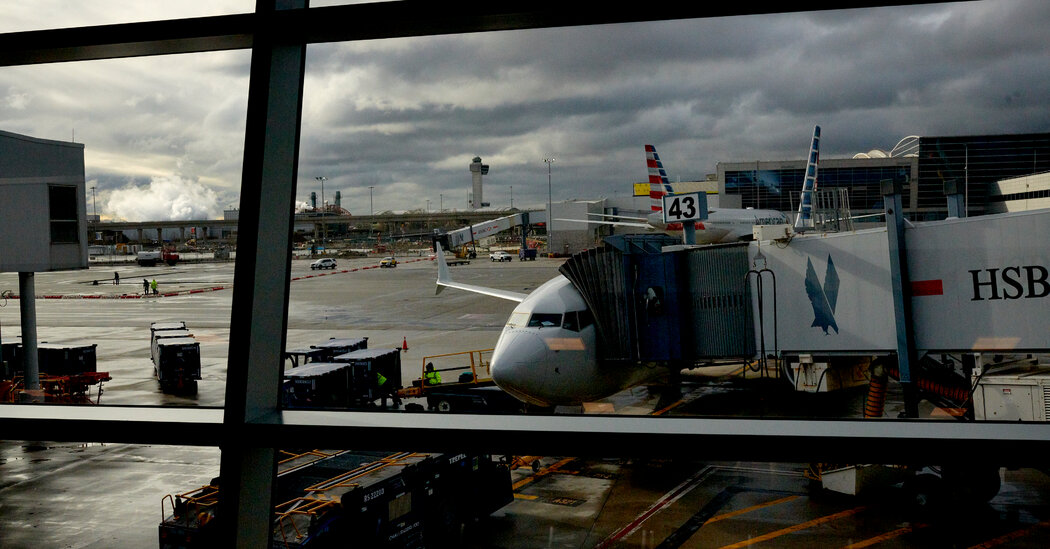“That’s our No. 1 concern in expressing this to the membership — you’re putting yourself on an island,” he said. “That license in your back pocket, that’s you. When something goes wrong, you’re the one that’s in front of an administrative law judge, you’re the one that’s going to jail, you’re the one that lives with the consequences.”
In a letter to the F.A.A. this summer, Mr. Peterson provided what he said were two examples that showed how remote dispatching can undermine safety. In one, which he said occurred in May, a Republic pilot could not reach an assigned dispatcher for 30 minutes while the pilot was stuck flying over Albany, N.Y., because of bad weather. In another, a dispatcher at Republic’s operations center worked well beyond the F.A.A.-mandated maximum 10-hour shift because the dispatcher’s replacement was having trouble connecting to the internet.
Billy Nolen, the acting F.A.A. administrator, responded in an Aug. 31 letter, saying that the agency had investigated those concerns and found that “Republic complied with regulatory requirements for operational control.” Mr. Nolen also said that the agency had reviewed drug and alcohol testing records for both airlines since 2020 and could not find evidence to support the union’s claim that remote dispatchers were being excluded from testing.
Mr. Peterson called that response “nothing more than damage control.”
Since 2018, the F.A.A. has required all airlines to maintain a safety management system, a comprehensive set of procedures to monitor and respond to safety risks, the agency said. It plans to revisit the remote work authorization for both airlines early this winter.
Like many jobs in aviation, dispatching is highly regulated. Anyone interested in the profession must take at least 200 hours of instruction and pass an F.A.A. exam. Some become certified as part of a four-year college education in aviation, while others do so after a few weeks or months of dedicated instruction at a private school.
“I just heard somebody over the summer describe the dispatcher in this way I loved: The dispatcher is the pilot who doesn’t actually fly, they’re the mechanic who doesn’t actually fix the plane, and they’re the operations scheduler who doesn’t actually do that part of the job,” said Brian Strzempkowski, the interim director of the center for aviation studies at Ohio State University. “They have to know all the little different pieces and parts…
Click Here to Read the Full Original Article at NYT > Travel…
